In a process that seems to lull for months until it reaches a punctuated fever pitch as it approaches a fiscal cliff, Congress is once again barrelling straight for a shutdown of government operations as funding authority is set to expire March 22. The potential for a government shutdown is increasingly tangible as negotiations over a crucial funding agreement come down to the wire.
Bipartisan Support Required
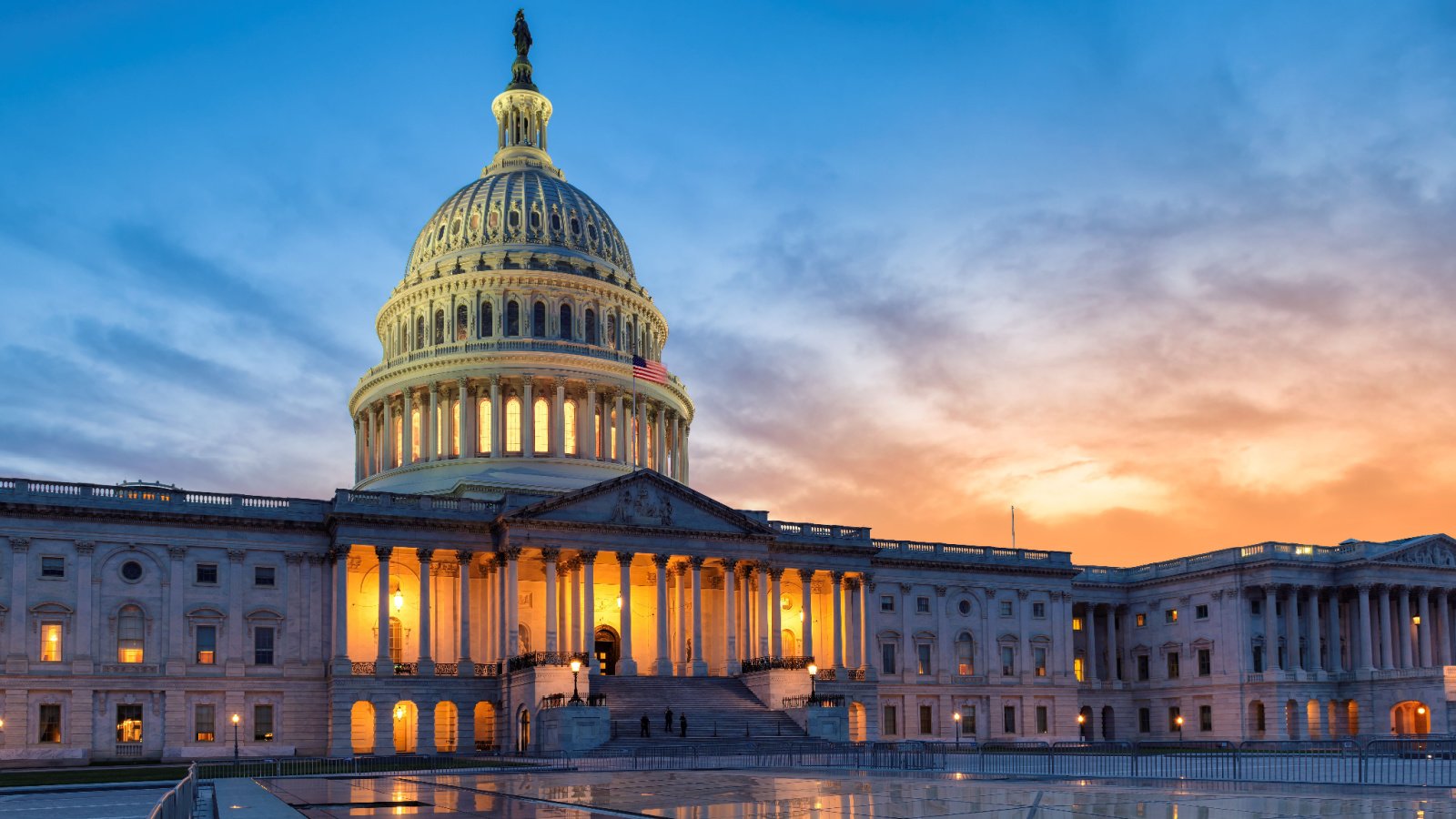
This bipartisan financial arrangement, critical for the uninterrupted functioning of government operations, faces significant challenges as the deadline is within a few days’ reach, raising the specter of a possible temporary cessation of services.
A Hard-won Agreement
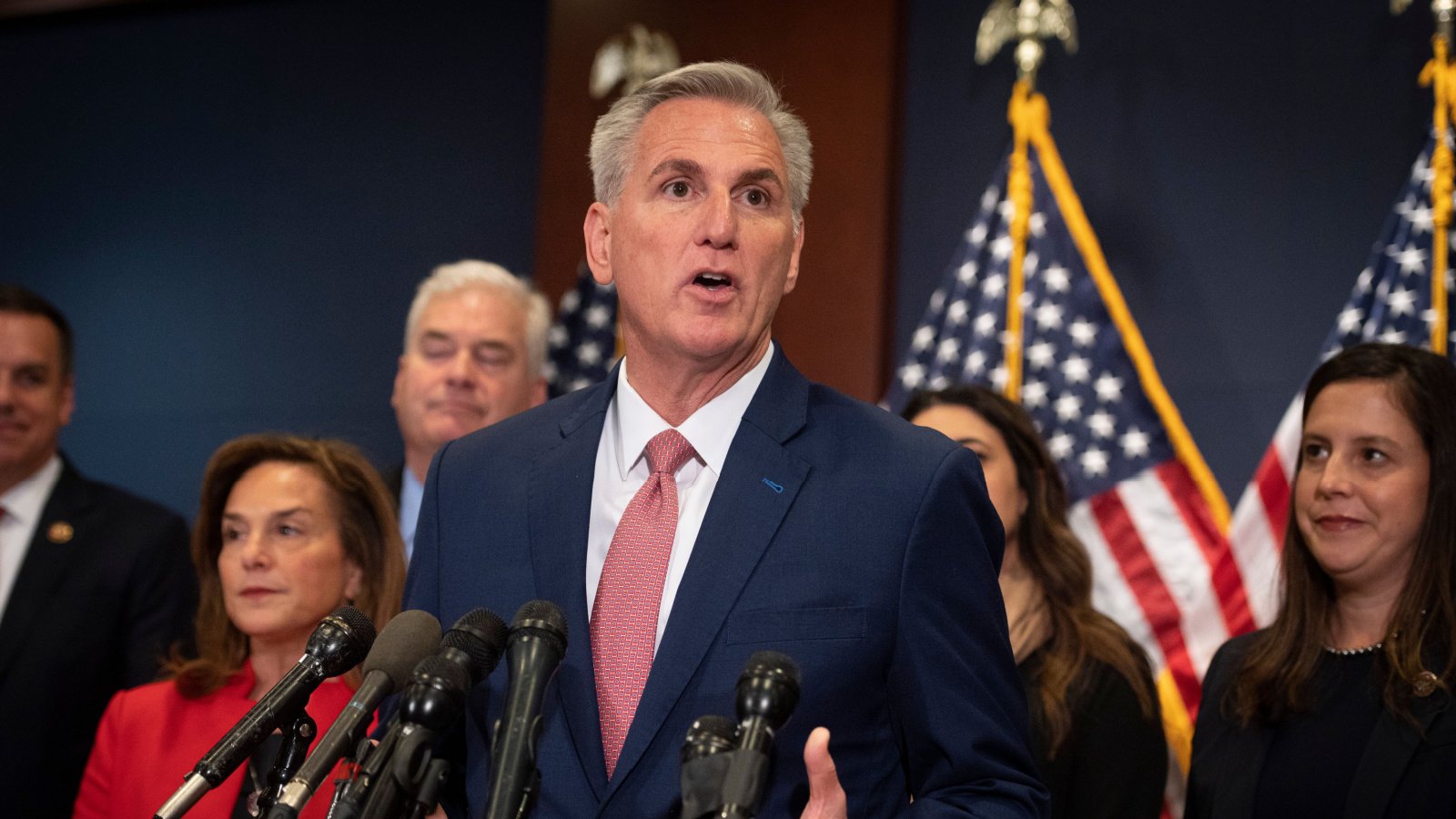
On the political front, after prolonged discussions, an essential accord on government funding was finalized, concluding a protracted standoff that began with Kevin McCarthy’s tenure as Speaker over a year ago. Despite this achievement, the timing of the agreement leaves open the possibility of a temporary shutdown.
Speaker’s Crucial Decisions

The responsibility to forestall a funding interruption, especially critical for the Pentagon and key civilian agencies, now lies with Speaker Mike Johnson. His choices are stark: he could either expedite the legislative process, approve a brief funding extension, or face a shutdown by ceasing funding to a majority of federal programs.
Review Period Dilemma
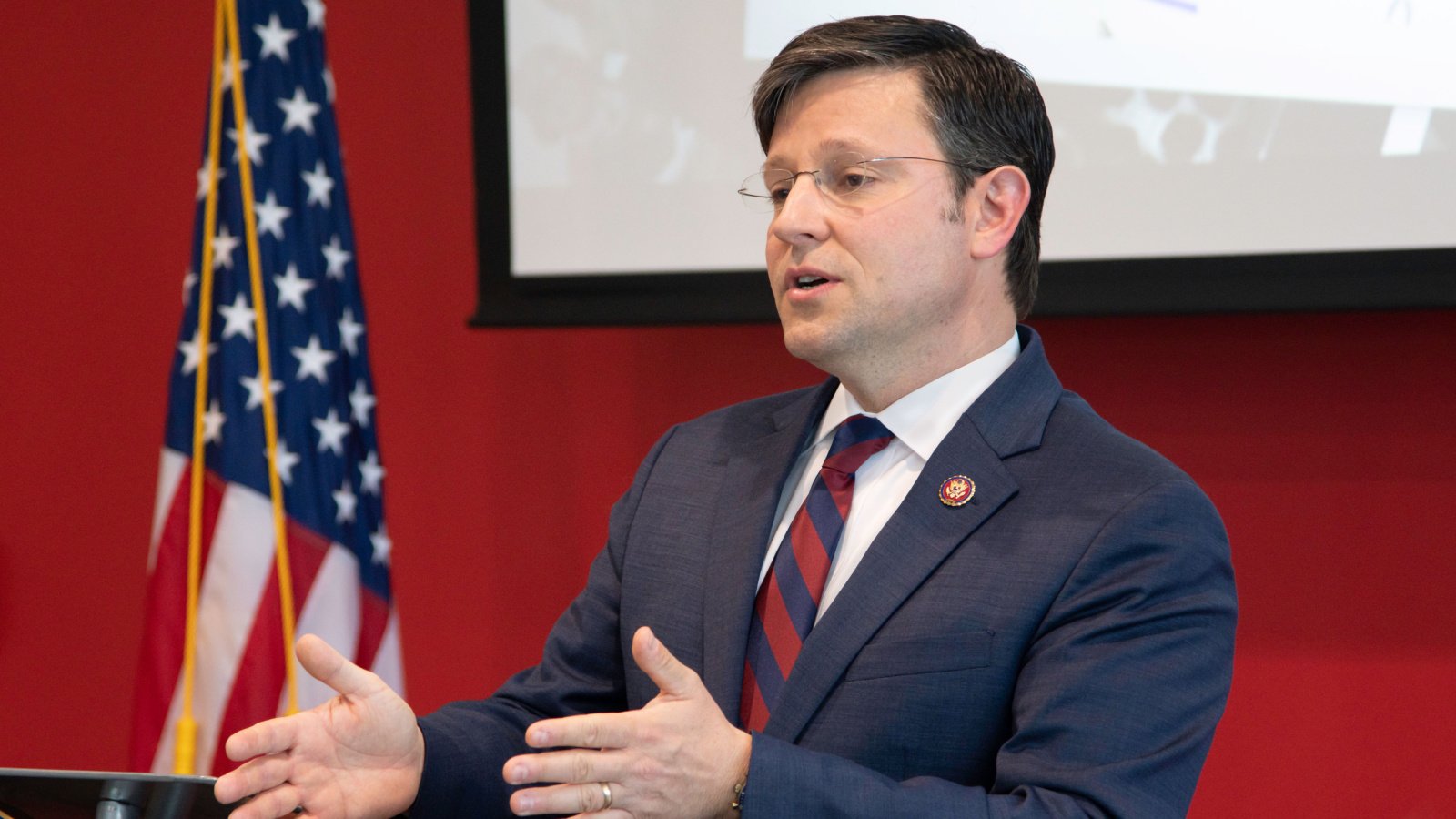
Complicating matters, Johnson’s promise to allow House members a 72-hour period to review the legislation before voting heightens the likelihood of missing the impending funding deadline, given the ongoing drafting of the legislative text. Without safeguarding this protocol, Johnson may have a rebellion from both his right flank and from the Democrats who will want to pore over every funding allocation with a fine-tooth comb for poison pills amongst the general spending.
Legislative Process at a Crossroads
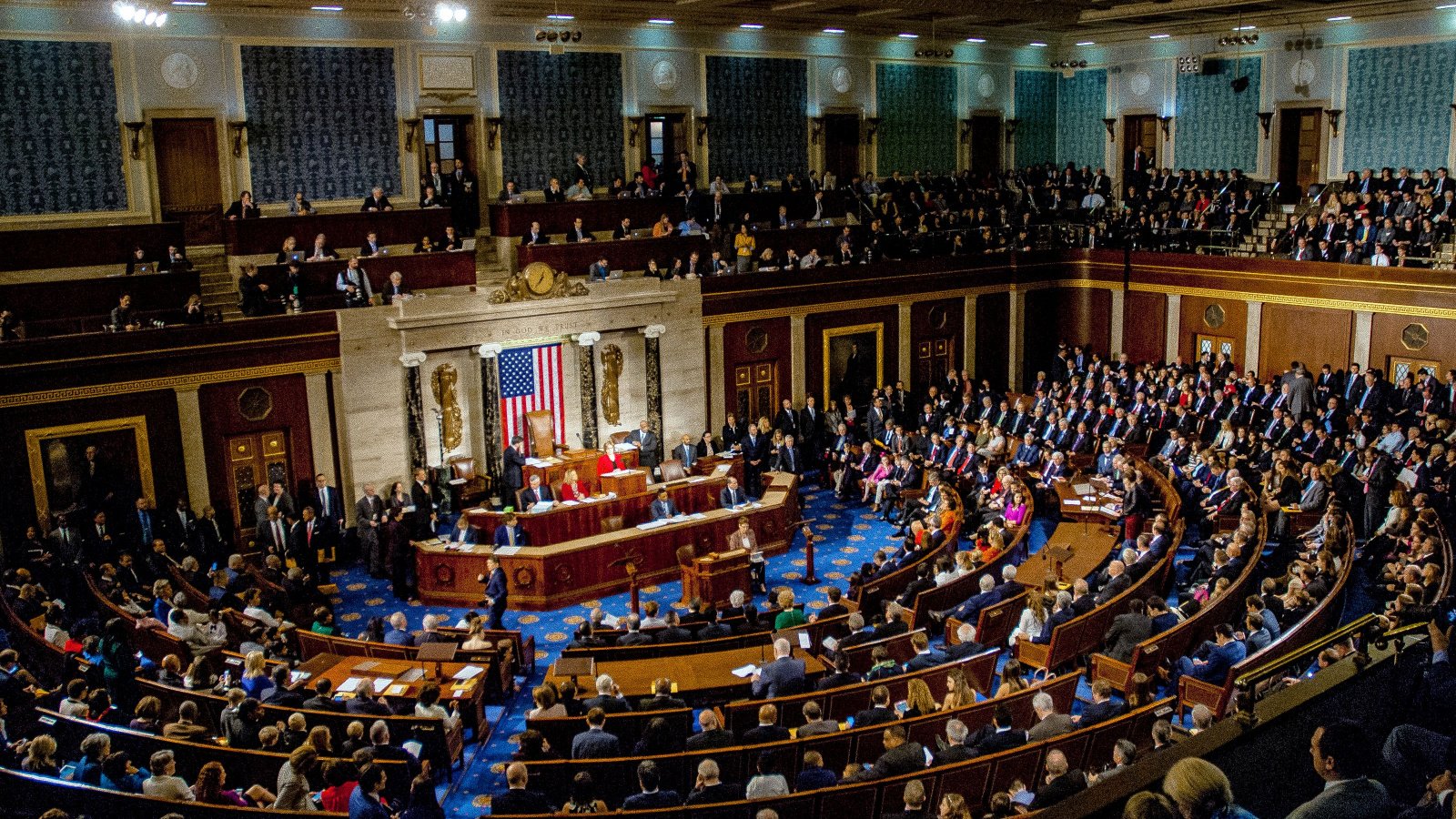
Tom Emmer, the House Majority Whip, has stated that the decision to adhere to the 72-hour review rule ultimately falls to the Speaker, adding another layer of uncertainty to the legislative process.
Senate Hurdles

The path forward is not smooth even with a House vote before the deadline. The Senate faces its own set of challenges, needing unanimous consent to expedite the debate—a requirement complicated by potential demands from senators for amendments on a range of contentious issues. The admission of even one contentious amendment could scuttle the bill when it comes back to the House to be reconciled.
Averting a Shutdown
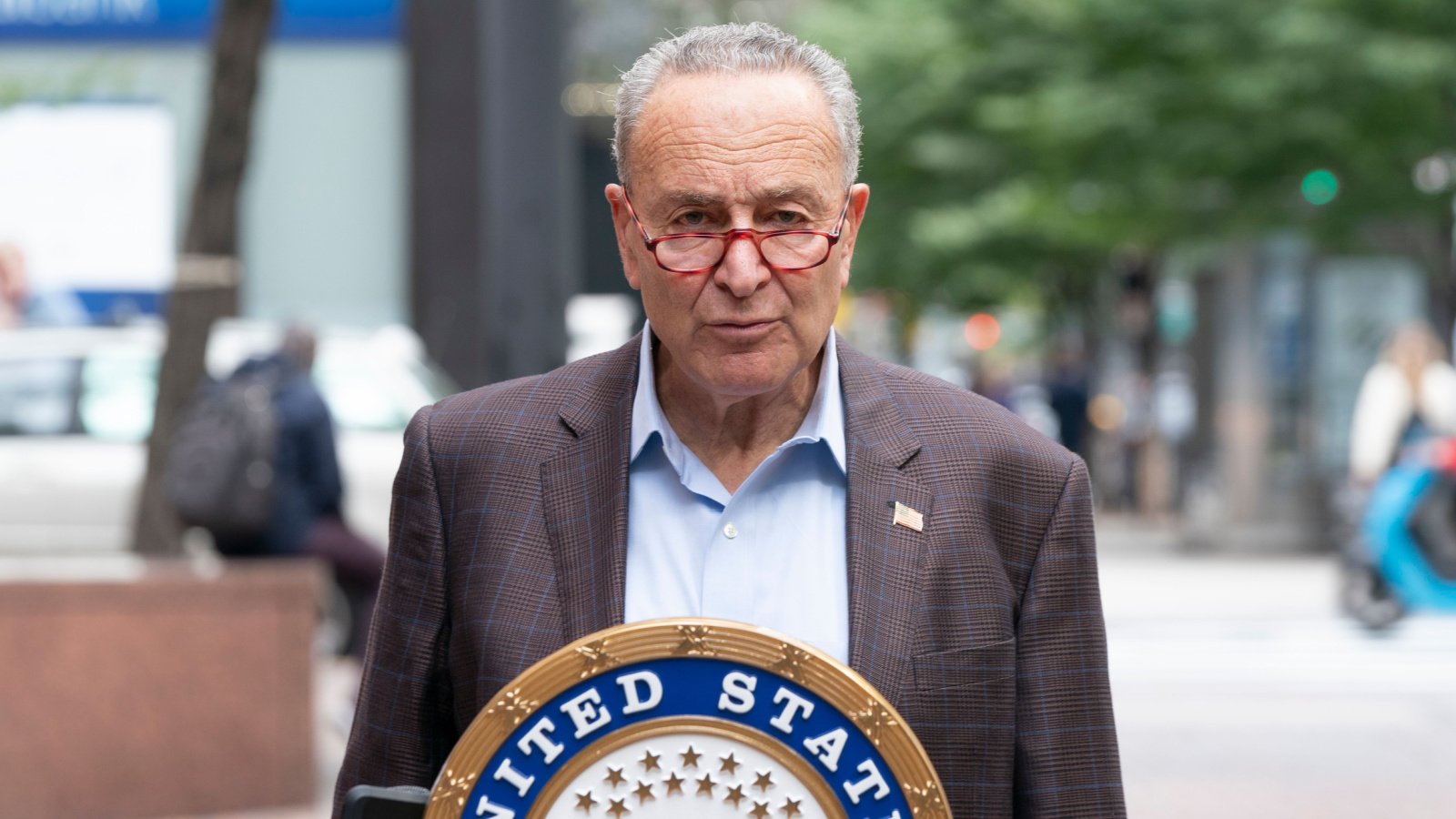
Senate Majority Leader Chuck Schumer has voiced his hopefulness in concluding the appropriations process without disrupting government services, highlighting the collective desire to prevent the first government shutdown since 2019.
Criticism from the Ranks
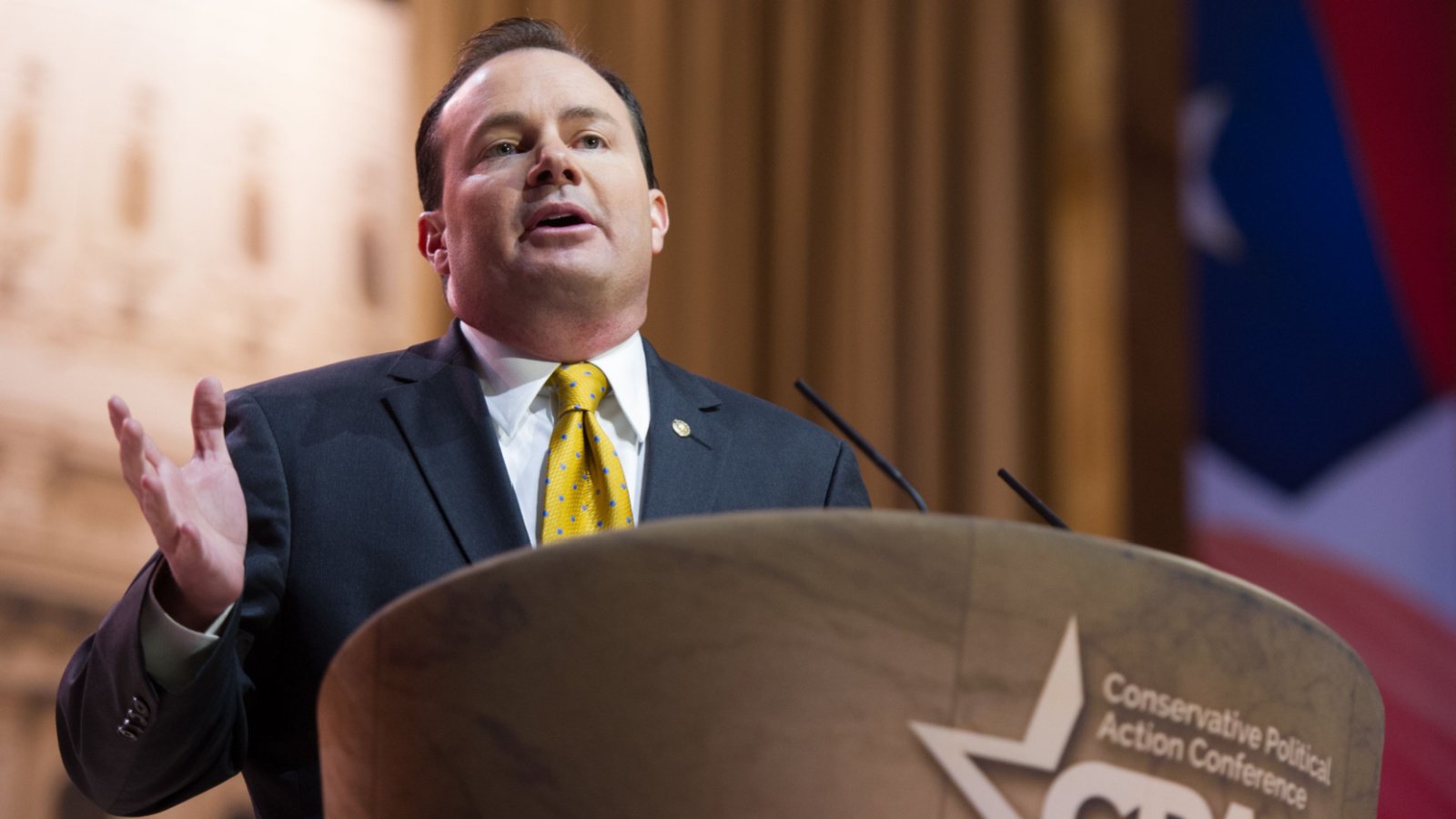
Senator Mike Lee has openly criticized the rushed legislative process, arguing against the transparency and fairness of considering a voluminous funding bill under such tight constraints.
The Specter of a Brief Shutdown

While a shutdown, if it occurs, is expected to be brief, its potential to minimally affect federal operations does not mitigate the adverse perception among the public. The administration might direct agencies to delay implementing shutdown procedures in anticipation of the bill’s swift passage.
Impact on 19 Million-Plus Government Contractors

Even a brief shutdown has adverse implications for the 19 million contractors and subcontractors of federal programs, who are left in a lurch when the government shuts down. These are not government employees, per se, but rely on work in government programs. These parties are not guaranteed to make-up their work or pay for time missed due to a lapse in government spending authority.
Presidential Influence

The impact of a shutdown can vary significantly depending on the presidential response. Previous administrations have adopted different strategies, ranging from downplaying the effects to ensuring maximum disruption, to sway public opinion and legislative outcomes during funding lapses.
Delayed Legislative Text
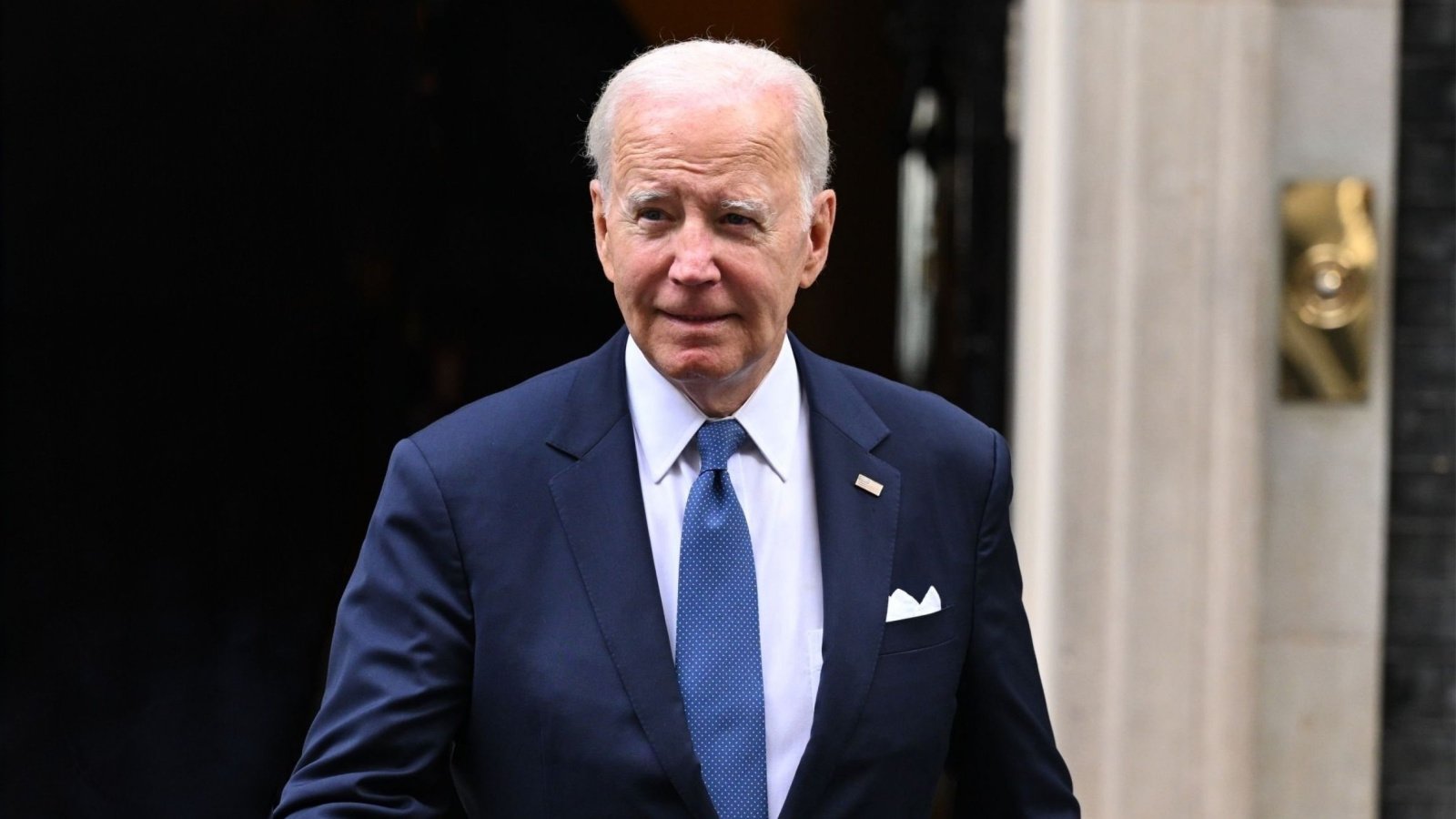
The expected late release of the spending package, resulting from last-minute negotiations and interventions by the White House, has ignited frustration among conservative lawmakers. They decry the lack of transparency and the hurried nature of the legislative process despite prior commitments to openness.
The Role of the White House
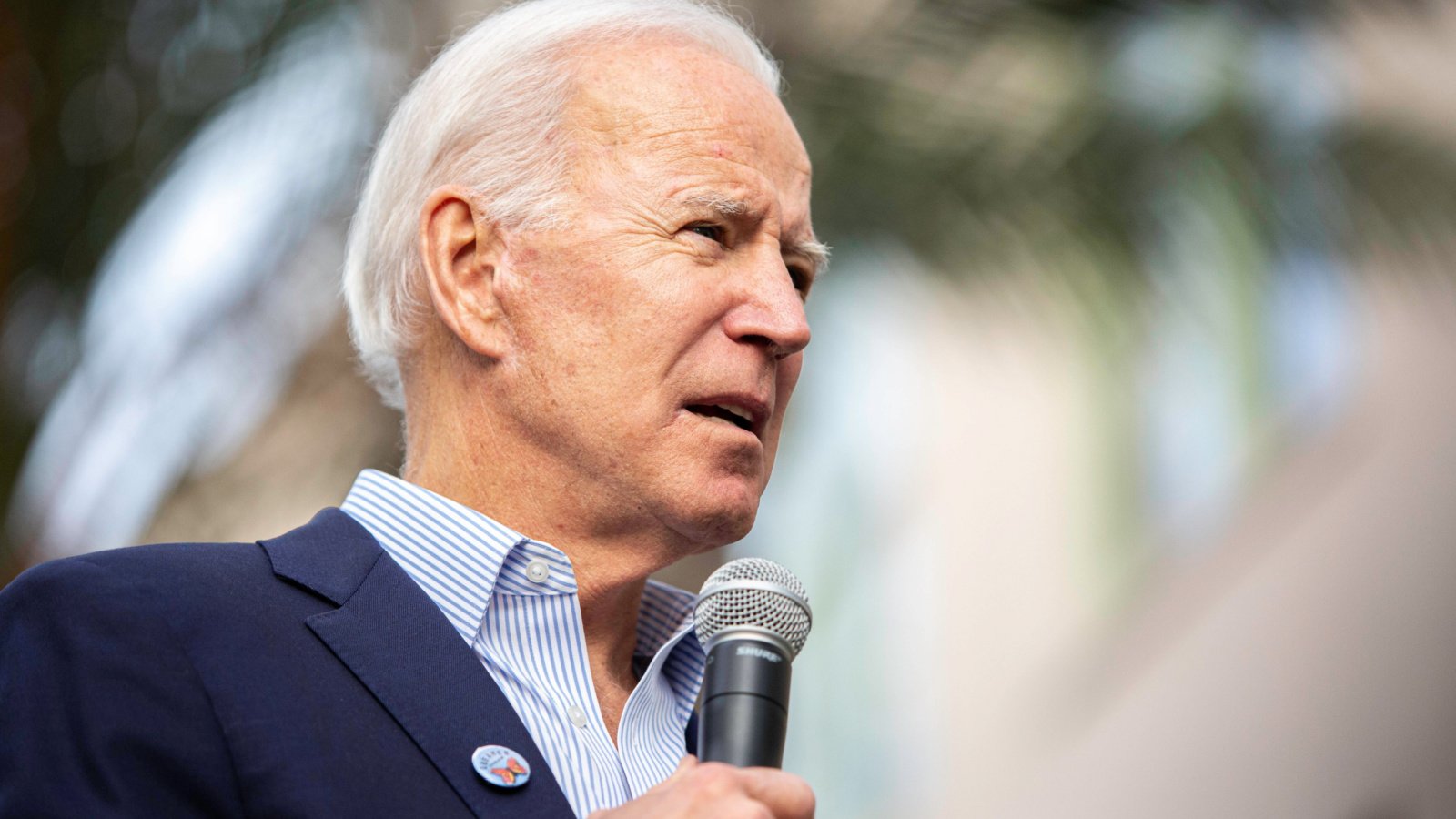
Some Republicans blame the delay on the Biden administration’s last-minute rejection of a stopgap funding measure for Homeland Security, arguing that such a move undermines border security efforts.
Divisions over Strategy

The attempt to avoid a comprehensive omnibus bill by dividing appropriations into separate packages has done little to quell dissatisfaction among those demanding more transparent negotiation processes.
Implications of a Shutdown

The potential funding lapse for various departments highlights the extensive impact of a shutdown nationally, affecting essential services and government operations across the board. The situation underscores the complexities of navigating the legislative process and the pressing need for bipartisan cooperation to avert a disruption in government services.








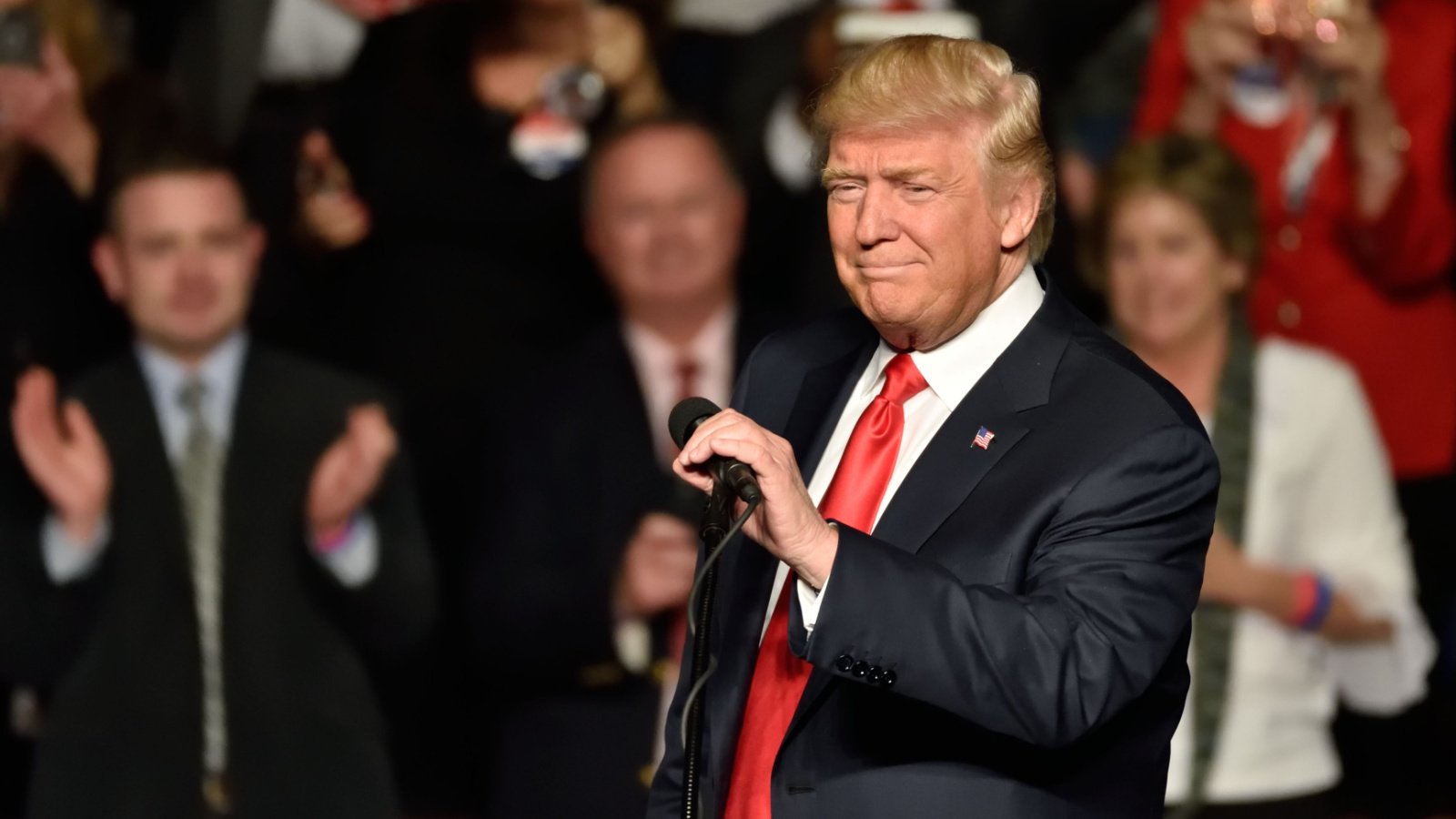
Awesome post! Join the fun at https://www.whatswangyeban-oqg.com 在 WhatsApp 网页版,您可以通过一键分享保持联系,方便无比。 . Date: 2026-01-14 19:06:10 (-03).